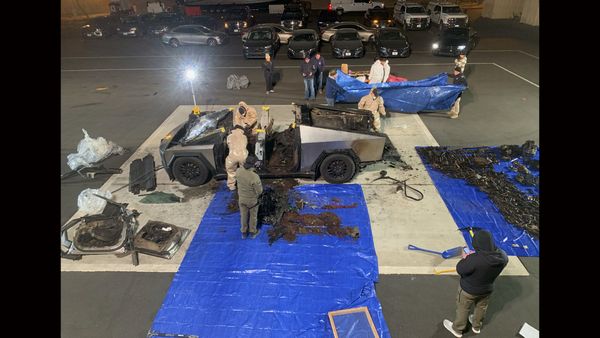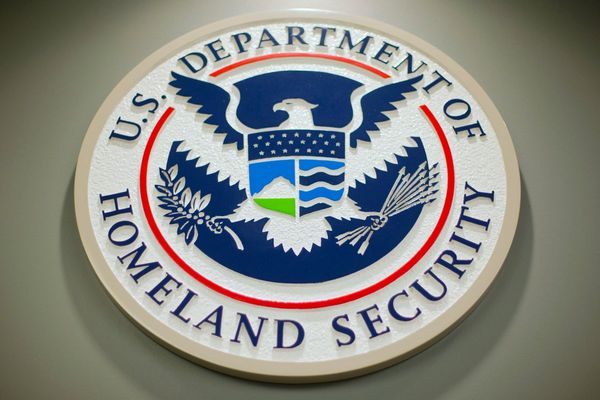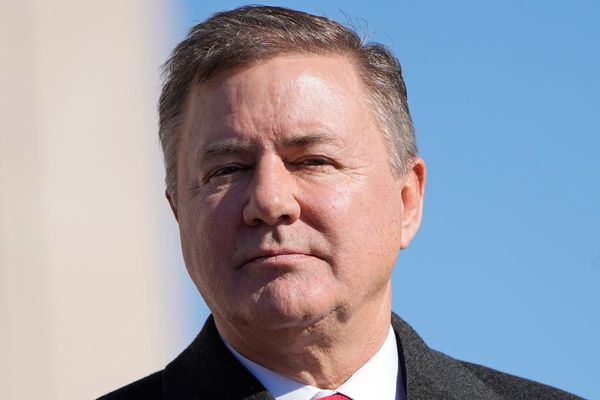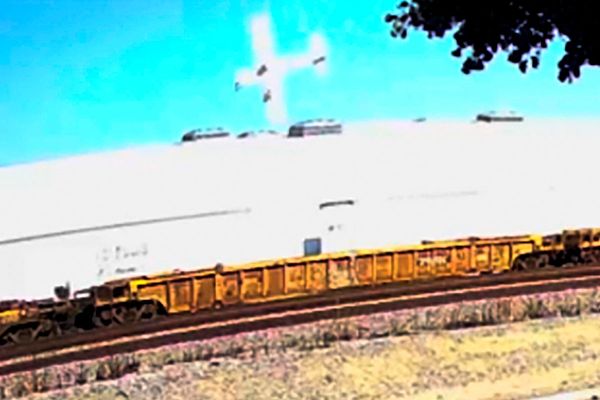
In the run-up to Labour’s much-anticipated Autumn Budget, many struggling homeowners and renters were hoping for some respite from rising energy bills and Christmas pressure. And while the confirmed budget will see 1.5 million receive Winter Fuel Payment and Christmas Bonus, even more will be left in the dark due to recent cuts.
While more and more of us are trying to save energy at home, the winter months can be tricky. With the recent Ofgem price cap rise and the festive period on the horizon, many are spending more than they’d like trying to keep their homes warm over winter.
However, there are some government-backed initiatives to help, like the Winter Fuel Payment, but these unfortunately aren't available to everyone. Even if you received benefits like this in the past, you may no longer be eligible due to recent government changes. To help you understand what's changed and who is eligible, we’ve pooled together everything you need to know about the Winter Fuel Payment and Christmas Bonus and what this means for you.
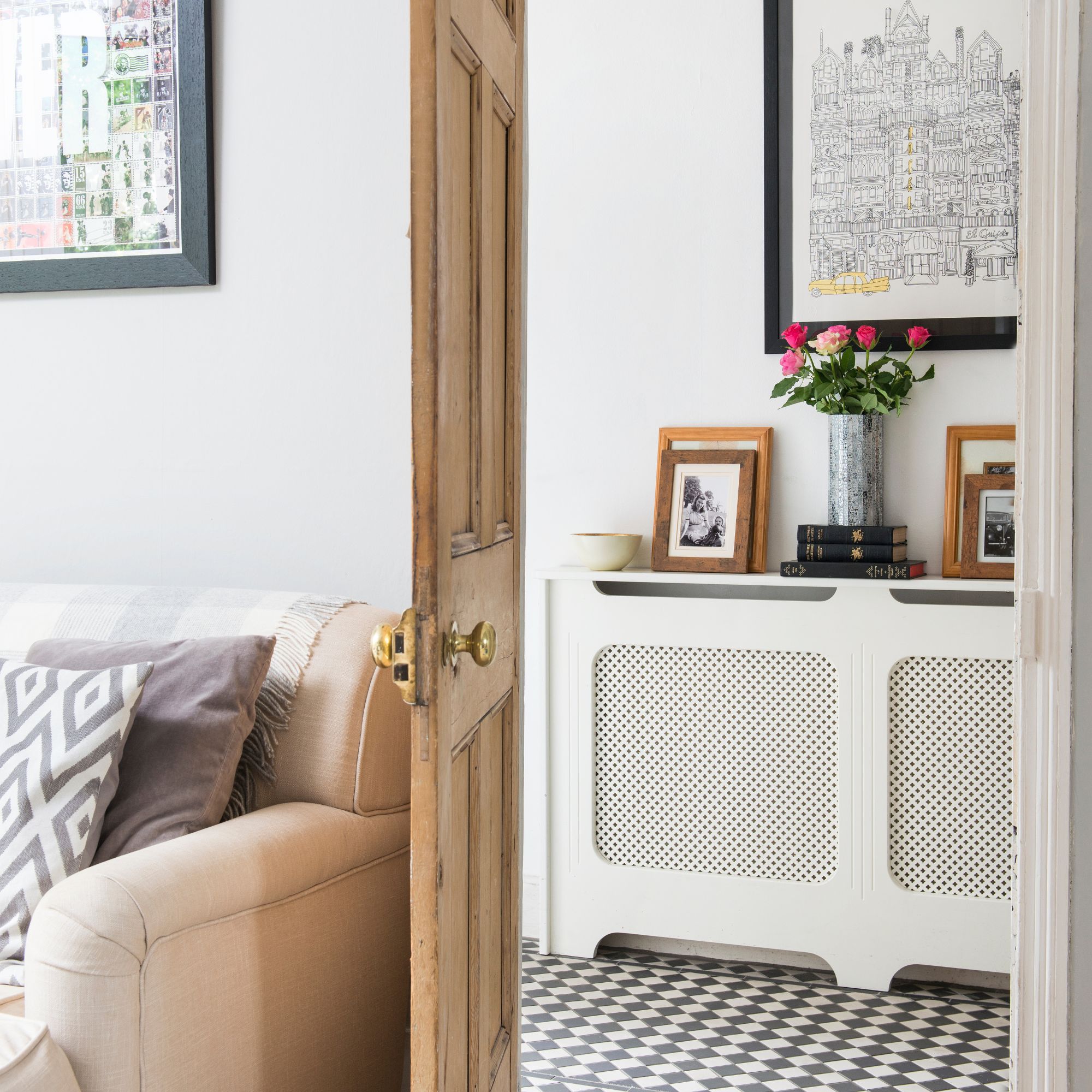
What is the Winter Fuel Payment?
The Winter Fuel Payment is a government-backed initiative led by the DWP (Department of Work and Pensions). It was created to help the elderly and less fortunate cope with the winter chill by offering a one-off payment towards their energy bills. It’s not a new initiative, though.
As Hannah Karim, Senior Care Expert Manager at Lottie, explains, ‘The Winter Fuel Payment is an annual, tax-free government payment designed to help older adults cover higher heating costs during winter.
‘In previous years, all adults over the State Pension age (which is currently set at 66 years for both men and women) were eligible for this payment. However, starting this winter (2024-2025), only those pensioners who also receive a means-tested benefit, such as Pension Credit, will qualify for the Winter Fuel Payment.’
If you are eligible for this Winter Fuel Payment, you could receive either £200 or £300 directly into your bank account. However, the exact amount will depend on your circumstances and your age.

If you live alone and were born between 23 September 1944 and 22 September 1958, you’ll receive £200. If you live alone and were born before 23 September 1944, you’ll receive £300. This is also the case if you live in a care home.
If you live with someone else who qualifies, one of you will get the payment. If one or both of you were born between 23 September 1944 and 22 September 1958, you’ll receive £200. If one or both of you were born before 23 September 1944, you’ll receive the £300 one-off Winter Fuel Payment.
You may also benefit from other schemes too. The Warm Home Discount Scheme is a one-off £150 payment from the government for your electricity bill - applied directly by your energy supplier. This is only available to those who get the Guarantee Credit element of Pension Credit and those on low income (if your energy supplier is part of the initiative).
While it might sound similar, the Winter Fuel Payment is also different to the Cold Weather Payments Scheme. Hannah explains that this ‘supports paying for heating if the weather is going to be particularly cold. Councils offer Household Support Funds, so you will need to check with your local authority to see if you’re eligible.’
Who qualifies for the Winter Fuel Payments?
The government decided who is eligible for the Winter Fuel Payments during what it called ‘the qualifying week.’
Hannah says, ‘The qualifying week for the 2024 Winter Fuel Payment was between 16th September and 22nd September 2024. During this time, the government assessed each person’s individual circumstances to determine eligibility for the Winter Fuel Payment. Therefore, anyone who applied for benefits even a week after this assessment period would not qualify for the winter fuel payment.’
During this time, they concluded that anyone born before 23 September 1958 (and living in England or Wales) would be eligible for the Winter Fuel Payment as long as they were also in receipt of at least one of the following:
- Pension Credit.
- Universal Credit.
- Income-related Employment and Support Allowance (ESA).
- Income-based Jobseeker’s Allowance (JSA).
- Income Support.
- Child Tax Credit.
- Working Tax Credit.

Remember you will only qualify for 2024's payment if you received one or more of these benefits during the qualifying week. Those who have been in hospital for more than a year or were in prison or a care home during the qualifying week will also not be eligible.
How to claim the Winter Fuel Payment
If you are eligible for the Winter Fuel Payments, you shouldn’t have to do anything to claim this energy bill support. According to the government, you should receive a letter in the post by the end of November explaining how much you’ll be getting. It should also indicate when you’ll be paid - likely within a few weeks of receiving the letter.
The money will then be paid directly into the bank account to which your State Pension is sent, and it’s a good idea to keep an eye out for it. Hannah says, ‘They will appear with a reference beginning with the individual’s National Insurance number, followed by ‘DWP WFP’. Contact the Winter Fuel Payment Centre if payments have not been received.’
If you don’t receive a letter and believe that you should be eligible, you can also make a claim by filling out an enquiry form on the GOV.UK website. Unfortunately, you cannot claim by phone, and your claim must be submitted by March 31, 2025.
Of course, there’s no guarantee DWP will accept your claim - but your options don’t end there. Hannah says that you can appeal if your claim is rejected. ‘This is known as a ‘mandatory reconsideration,’ the first step to appealing to an independent tribunal,’ she explains.
What is the Christmas Bonus?
Although approximately 10 million people will no longer qualify for the Winter Fuel Payments, the government’s Christmas Bonus payment is still in place for anyone who gets a state pension or receives at least one of this rather extensive list of benefits, including Adult Disability Payment, Carer’s Allowance, Widow’s Pension, and more.
This bonus has been in place since 1972, with the aim of helping residents of the UK, Channel Islands, Isle of Man, or Gibraltar, cope with the high costs associated with the run-up to Christmas. While the idea of a one-off, tax-free payment sounds enticing, the reality is that the amount hasn’t changed since the 1970s - apart from in 2008, when it was temporarily increased to £70.
As a result, the Christmas Bonus stands at £10, and it will be automatically sent to your bank account in time for Christmas day. It should also appear as ‘DWP XB’ on your bank statement.

While some appreciate this extra cash, there have been calls for the bonus amount to increase for the past year - but this won’t happen anytime soon.
Fiona Peake, personal finance expert at Ocean Finance, says, ‘The £10 Christmas Bonus, though modest, continues to provide a bit of extra help for pensioners and those on qualifying benefits such as Disability Living Allowance and Carer’s Allowance. Together, these payments aim to offer some relief during the winter, but concern remains among pensioners over managing rising energy costs with the changes to winter fuel support.’
Thankfully, there are many other ways to save money at Christmas - starting with budget Christmas decorating ideas.
FAQs
Do both husband and wife pensioners get winter fuel allowance?
No. If you live with someone else, and receive joint benefits, only one of you will receive the Winter Fuel Payment - even if you are both eligible for it. As such, you’ll receive one payment per household to help you cope with the rising winter fuel costs.
What date is winter fuel allowance paid?
There no official date for the Winter Fuel Payment. Instead, the government assures those eligible that it will be paid automatically in November or December. You’ll receive a letter in the post to confirm that you are eligible and how much you’ll be receiving.
If you do not receive this letter and you believe that you’re eligible, or you have not seen the money enter your account, you should contact the Winter Fuel Payment Centre by phone or post.

